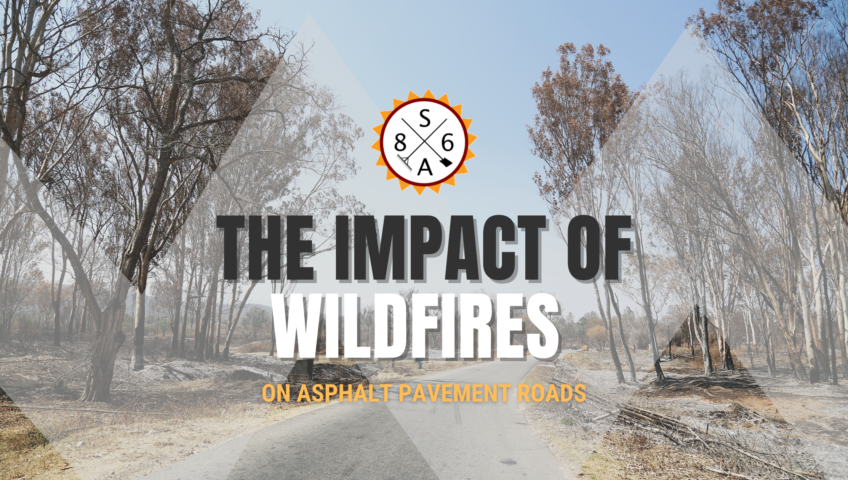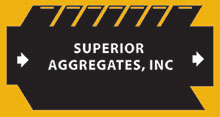
The Impact of Wildfires on Asphalt Pavement Roads
Unfortunately, it seems like wildfires have become more common during the past few years. Even though wildfires have traditionally been an issue on the west coast, wildfires in Colorado have also become a major concern. Wildfires can burn vegetation, burned down neighborhoods, and release dangerous chemicals into the air. Even though asphalt does not typically burn during a wildfire, there are other significant issues that could rise to the surface. What is the impact of wildfires on asphalt surfaces? Take a look at a few important points below, and make sure you rely on a commercial asphalt company that can help you manage this issue.
Why Doesn’t Asphalt Burn During a Wildfire?
Anyone who has touched an asphalt surface in the middle of the summer understands that asphalt can heat up very quickly. Because of its dark color, it absorbs a significant amount of light. At the same time, asphalt usually does not catch fire during a wildfire. Many of the ingredients used to make up asphalt are not combustible. The vast majority of asphalt is made up of sand and small stones. These are not items that catch fire very easily. Furthermore, asphalt burns at a temperature that is lower than its ignition temperature. This means that asphalt is far more likely to melt and evaporate before it catches fire.
Items On Top of the Asphalt Might Catch Fire
Even though asphalt itself is unlikely to catch fire, substances on top of the surface might catch fire instead. If you see an asphalt surface on fire, this could be due to oils that are on top of the road. For example, cars that drive down the road may leak motor oil. Oil can catch fire, and it is not unusual to see it while burning on top of an asphalt pavement. Furthermore, vehicles can catch fire on top of the road. The fuel inside of cars and trucks is combustible, causing them to catch fire on the surface.
There Are Other Impacts from Wildfires on Asphalt
Even if the asphalt does not catch fire, there are other adverse impacts. For example, firefighting vehicles that travel the roads can cause damage. Particularly in rural areas, many of these roads are not built for heavy traffic. As the pavement heats up, it becomes more pliable. Therefore, it is not strong enough to resist a lot of these stresses. In some cases, the pavement can melt or crack, leading to significant problems. When the asphalt begins to crack, water can infiltrate underneath the road, leading to potholes. Finally, there are also a lot of risks related to chemicals being released into the air as the asphalt degrades. This can lead to serious health problems down the road. For all of these reasons, it is important to work with a company that has experience dealing with commercial asphalt.
Work with a Commercial Asphalt Company
Asphalt pavement is not impervious to damage during a wildfire. That is why it is important to work with concrete contractors who have experience in this area. You need to make sure that your asphalt surfaces are able to withstand the impact of a wildfire. If you partner with a professional who has experience in this area, you can ensure the integrity of your asphalt pavement for years to come. Even if there is a wildfire, your asphalt pavement may be able to stand up to the stress.
